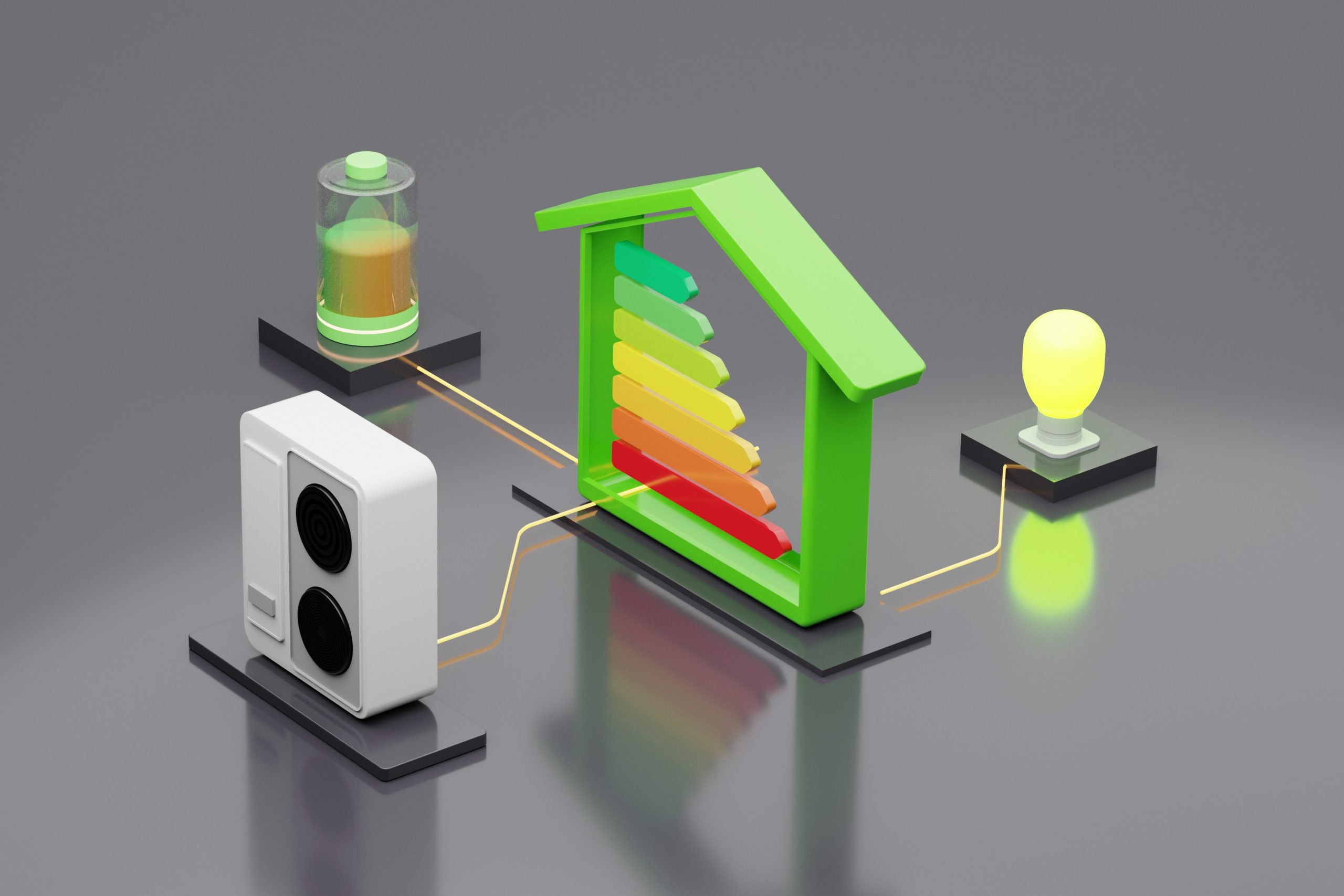If you’re looking into switching to a heat pump, you’ve probably noticed that they don’t come cheap. It’s a fair question to ask why, and one we hear quite often. The reality is that heat pumps are a premium product. They’re efficient, reliable and durable, but quality and craftsmanship come with a price tag. Let’s break down what you’re paying for.
What you’re really paying for
Heat pump installation isn’t just a simple swap for your old boiler. It’s a full heating system with advanced technology and precision engineering. Every component, from the compressor to the evaporator, works hard to keep your home warm using far less energy than a traditional heating system.
Behind every model is years of research, testing and refinement. Engineers are constantly working to improve the efficiency, performance and adaptability of heat pumps. This innovation is part of what sets heat pumps apart, and it’s a big reason for the upfront cost.
The cost of quality
The materials inside a heat pump aren’t cheap, but they’re used for good reason. Components like copper, aluminium and high grade steel are chosen for their durability and conductive properties. These parts need to withstand years of frequent use, often outdoors in all weathers, without impacting performance.
Each element in the system is carefully designed and manufactured to a very high standard. Many are tested exhaustively to make sure they can handle anything a British winter can throw at them. This level of engineering ensures your system will keep performing efficiently for decades. In short, you’re paying for equipment that’s built to last, and to perform well.
Specialist installation
Installing a heat pump isn’t a plug and play job. It takes experience, planning and a clear understanding of your home’s structure. Older properties may need some adjustments before the system goes in – but it only needs to be done once and sets you up for the future.
This part matters. A well-installed heat pump will run well from day one and increase the value of your home. Heat pump placement also plays a big role. The pipework, radiators and insulation will need to work in harmony with the new system to get the best results.
It’s worth choosing an installer who’s MCS approved. This is a strong indicator of a reputable company that meets industry standards for quality and compliance. It means your installer is trained, certified and regularly assessed against strict safety standards. Plus, you’ll only qualify for grants like the Boiler Upgrade Scheme if your installer is MCS accredited.
Supply and demand
Like many products still making their way into the mainstream, heat pumps aren’t yet mass-produced at the same scale as gas boilers. That means higher manufacturing costs, fewer installers and a bit of a waiting list in some areas.
At the same time, demand has grown quickly as more people look to cut their energy bills and reduce their carbon footprint. The combination of limited supply and growing popularity naturally drives up prices.
An investment to future proof your home
The upfront cost of a heat pump can start from £12,000, depending on your property and system choice. It’s a sizable investment, but one that pays off in more ways than one. Over time, you’ll cut your running costs, reduce your reliance on fossil fuels, and future proof your property. You may also be eligible for help through the Boiler Upgrade Scheme, which offers grants towards installation.
As of 2025, the Future Homes Standard will require all new homes to use low-carbon heating systems, meaning gas boilers will no longer be installed in new builds. By installing a heat pump now, you’re keeping your home in line with upcoming regulations. It’s a move that’s likely to help retain or even increase your property’s value as low carbon homes become the new standard.
As fuel prices continue to fluctuate, a renewable system can also shield you from rising energy costs. By moving away from gas and oil, you’re locking in a more stable, efficient and sustainable way to heat your home.
In short, while the upfront cost might feel steep, you’re investing in a system that saves money over time, cuts carbon and keeps your home future ready.
Are heat pumps getting cheaper?
The short answer? Yes, gradually. As demand grows and manufacturing scales up, costs are beginning to come down. There are already more models on the market, better parts availability and more trained installers, all helping to make systems more affordable and easier to fit.
Government support is also playing a big part in the UK. The Boiler Upgrade Scheme currently offers £7,500 towards a new air source or ground source heat pump, making a strong contribution to the overall cost. On top of that, the government has set an aim to install 600,000 heat pumps per year by 2028. This is driving investment in training, supply chains and innovation, helping to make systems more efficient and affordable.
We’re still in the early stages of this shift, but the direction we’re going is clear. Those who choose to install one now can already enjoy lower running costs and a future-proof system that will only grow in value as the market develops.
So, are heat pumps worth it?
In short, yes. The upfront cost reflects the quality, reliability and long-term savings that come with a well-designed system. You’re not just buying an appliance – it’s a complete upgrade to how your home uses energy.
Over time, you’ll benefit from noticeably lower running costs, fewer maintenance worries, and protection against the rising cost of gas and oil. You’re also investing in a system that’s built to last and future proofing your home as energy standards continue to evolve.
If you’d like to find out what’s possible for your property, our team can help to design a system that blends in seamlessly. Get in touch using our online enquiry form for a no obligation quote today.


